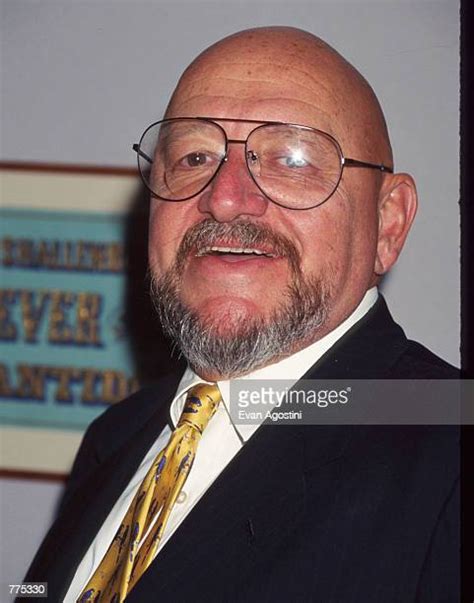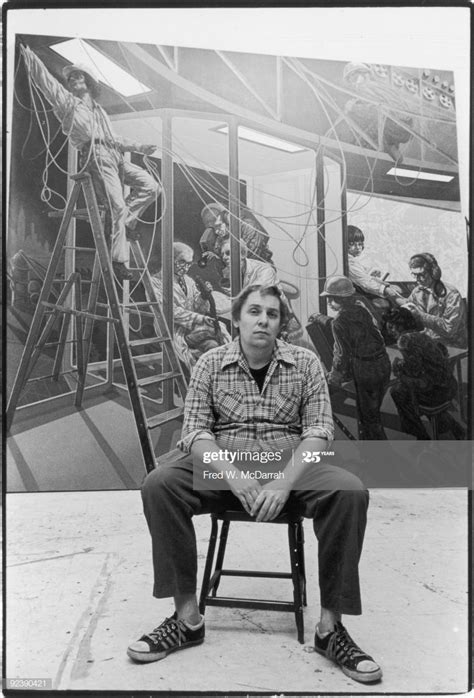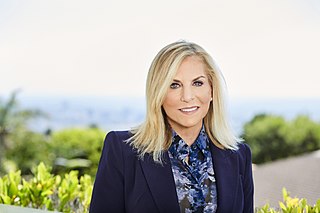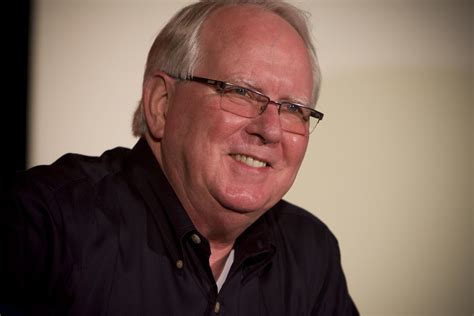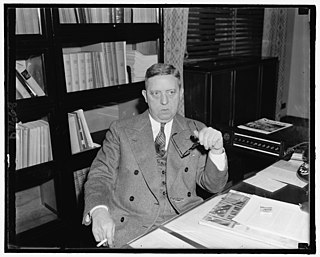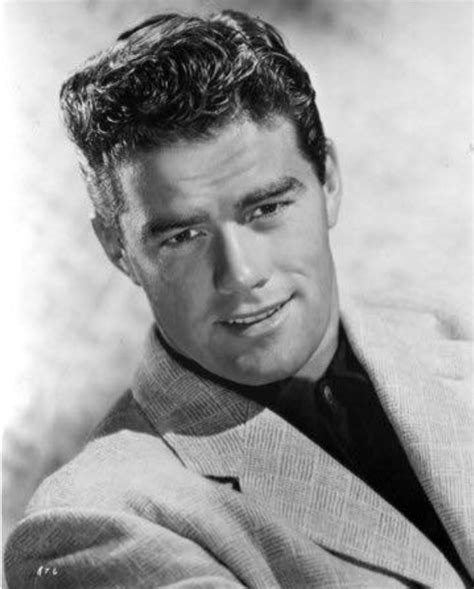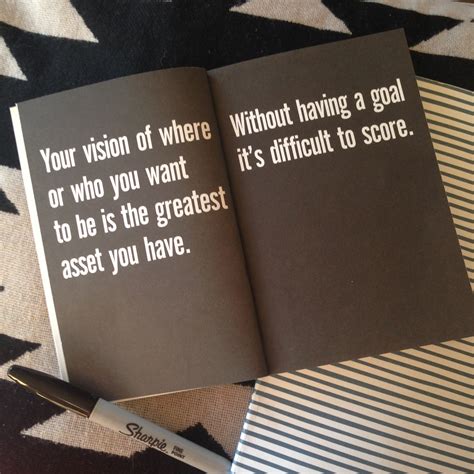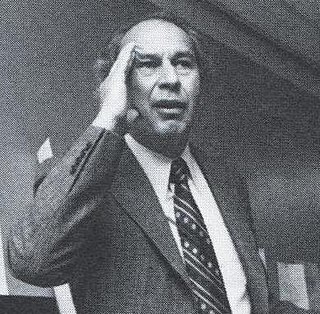Top 1200 Advertising Agencies Quotes & Sayings - Page 3
Explore popular Advertising Agencies quotes.
Last updated on November 15, 2024.
There are a lot of great technicians in advertising. And unfortunately they talk the best game. They know all the rules. They can tell you that people in an ad will get you greater readership. They can tell you that a sentence should be this short or that long. They can tell you that body copy should be broken up for easier reading. They can give you fact after fact after fact. They are the scientists of advertising. But there's one little rub. Advertising is fundamentally persuasion and persuasion happens to be not a science, but an art.
think there's a culture of Silicon Valley that seems to have the attitude that you can have it both ways, that you can be an insurgent but also, ultimately, it's paid for by advertising, when in fact advertising is totally retrograde. Now that's an industry we should be disrupting, and maybe you disrupt it by funding public media. None of this is technological destiny; there are only social choices.
Of course, a lot of businesses want to reach students, so I funded the magazine by selling advertising. I sold something like $8,000 worth of advertising for the first edition, and that was in 1966. I printed up 50,000 copies, and I didn't even have to charge for them on the newsstand because my costs were already covered.
I initially wanted to work in the music industry more on the A&R side. While I was in school, I began working in the New Business department of an advertising firm, and very quickly I was responsible for roughly 70% of their business, so you could say I had a natural knack for the advertising world.
The program is only the excuse to get you to watch the advertising. Without the ads there would be no programs. Advertising is the true content of television and if it does not remain so, then advertisers will cease to support the medium, and television will cease to exist as the popular entertainment it presently is.
In the short walk between his aeroplane and reaching the outside world at Heathrow, Michael Bywater encountered no fewer than 93 separate notices telling him off for things he hadn't done or which hadn't even occurred to him to do. Being bossed and patronised are two sensations that most sophisticated adults would sooner do without and yet we are bossed and patronised, by the media, by politicians, by business, by advertising agencies and the public services, more now than at any other time in our history. Why should this be?
Advertising and content have always been bound together - in print, on television, and on the web. Sure, you can skip the ad - just flip the page, or press 'ffwd' on your DVR. But great advertising, as I've long argued, adds value to the content ecosystem, and has as much a right to be in the conversation as does the publisher and the consumer.
Yes, there may be some convergence to what you see on a screen that's different from the way you will experience a magazine in your hand, but there are lots of ways you can signal differences. Where native advertising and these other things get tricky is when the consumer can't tell the difference between edit and advertising.
Newspapers are not free and they never have been. They can appear to be so, but someone, somewhere is covering the costs whether that is through advertising, a patron's largesse or a license fee. Advertising is no longer subsidising the industry and so the cost must fall somewhere - why not on the people who use it?
The advertising marketplace is moving rapidly into digital videos. We know that by 2018 it is estimated that it will be a $12.2 billion business. We've been seeing the agencies combine their digital video spend with television spend and put it under one spend and just calling it "video." The pool of money is becoming much bigger. The comparisons between television and digital video are being made much more often because you can account for who's watching, you can't fast-forward through the commercials. There's a much more intimate relationship with someone watching digital video.
Many, if not most, of the difficulties we experience in dealing with government agencies arise from the agencies being part of a fragmented and open political system…The central feature of the American constitutional system—the separation of powers—exacerbates many of these problems. The governments of the US were not designed to be efficient or powerful, but to be tolerable and malleable. Those who designed these arrangements always assumed that the federal government would exercise few and limited powers.
Every really good creative person in advertising has always had two noticeable characteristics. First, there was no subject he could not easily get interested in...Second, he was an extensive browser in all sorts of fields of information. For it is with the advertising man as with the cow: no browsing, no milk.
All of us somehow felt that the next battleground was going to be culture. We all felt somehow that our culture had been stolen from us-by commercial forces, by advertising agencies, by TV broadcasters. It felt like we were no longer singing our songs and telling stories, and generating our culture from the bottom up, but now we were somehow being spoon-fed this commercial culture top down.
Advertising is the best insurance that you can take out on your business. You can buy fire insurance on your stock of goods, but no company will issue a policy covering your business, the good will as they sometimes call it. You must insure yourself, and the best way to do it is by advertising. Good advertising kept up for a number of years gives you something that no fire can take away.
We are all advertising, all of the time. If you want to sell your car, what do you do? You clean and polish it and make it the best you can. Some people bake bread when they are trying to sell their house because the smell adds a friendly feeling. Even the priest, with all his or her fervour, is advertising God. Everybody is selling.

